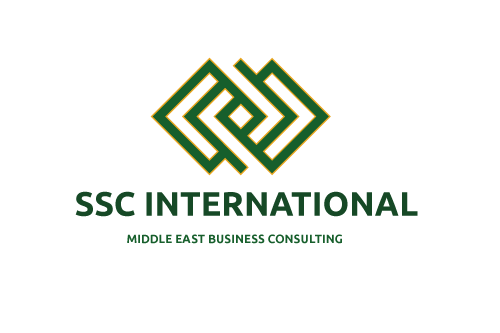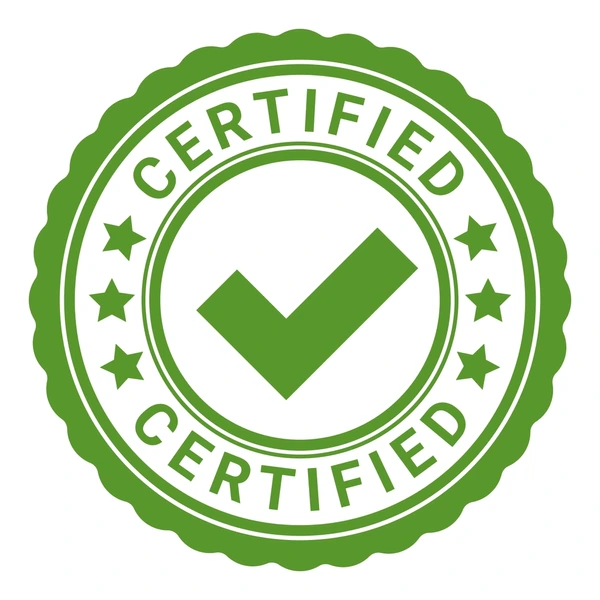Entering a new market is a thrilling venture for any company, but it’s not without its challenges. Among the many factors to consider, one crucial aspect that often gets overlooked is product certification. While it might seem like just another regulatory hurdle, product certification plays a pivotal role in ensuring that your product is not only compliant but also poised for success. Here’s why product certification should be at the top of your checklist before making that market entry.
1. Building Trust and Credibility
In today’s competitive landscape, trust is a key factor that can make or break a product’s success. Certification acts as a stamp of approval from recognized bodies, signaling to consumers and partners that your product meets established standards for quality, safety, and performance. This endorsement can significantly enhance your product’s credibility, making it more attractive to potential buyers and distributors who are wary of unverified claims.
2. Navigating Regulatory Requirements
Every market has its own set of regulations and standards that products must adhere to. These regulations are designed to protect consumers, ensure fair competition, and maintain industry standards. Product certification helps navigate these complex regulatory landscapes by confirming that your product meets local requirements. This not only helps in avoiding legal pitfalls but also smooths the path for smoother market entry and distribution.
3. Ensuring Product Safety and Quality
Certification processes often involve rigorous testing and inspection procedures. This scrutiny helps ensure that the product is safe for use and performs as advertised. For companies, this means reducing the risk of product recalls, liability claims, and customer complaints. High-quality products that consistently meet safety standards can enhance brand reputation and foster customer loyalty.
4. Facilitating Market Acceptance
Many markets have specific certification requirements that are non-negotiable. For instance, entering the European Union market requires CE marking, while entering the United States might require UL or FCC certifications, depending on the product. Without these certifications, your product might not be allowed to enter or sell in these markets. Gaining certification ensures that your product is accepted by regulators and can be sold legally.
5. Enhancing Competitive Edge
In a crowded marketplace, certification can set your product apart from competitors. It signals to potential customers and business partners that you are committed to meeting high standards and following industry best practices. This differentiation can be crucial in persuading buyers to choose your product over others that lack certification.
6. Accessing New Markets
Product certification is often a prerequisite for accessing new markets. International expansion, in particular, requires navigating a maze of different standards and certifications. For example, a product certified for the U.S. market may need additional certifications to be sold in Asia or Europe. Securing these certifications can open doors to global opportunities, helping your business grow and diversify its market presence.
7. Mitigating Risks and Reducing Costs
While the certification process involves an initial investment of time and resources, it can save money in the long run by reducing the risk of costly legal issues, product recalls, and market entry barriers. Proper certification helps avoid the financial and reputational damage associated with non-compliance and substandard products, ultimately contributing to a more sustainable and profitable business operation.
Conclusion
Product certification is more than just a bureaucratic formality; it’s a strategic move that can significantly impact your product’s success in new markets. By investing in certification, you are not only ensuring compliance with regulations but also enhancing your product’s quality, safety, and market acceptance. As you prepare for market entry, remember that certification can be the key to unlocking new opportunities and achieving long-term success.
Embracing the certification process with diligence and foresight can make all the difference in navigating the complexities of market entry and positioning your product for triumph.



